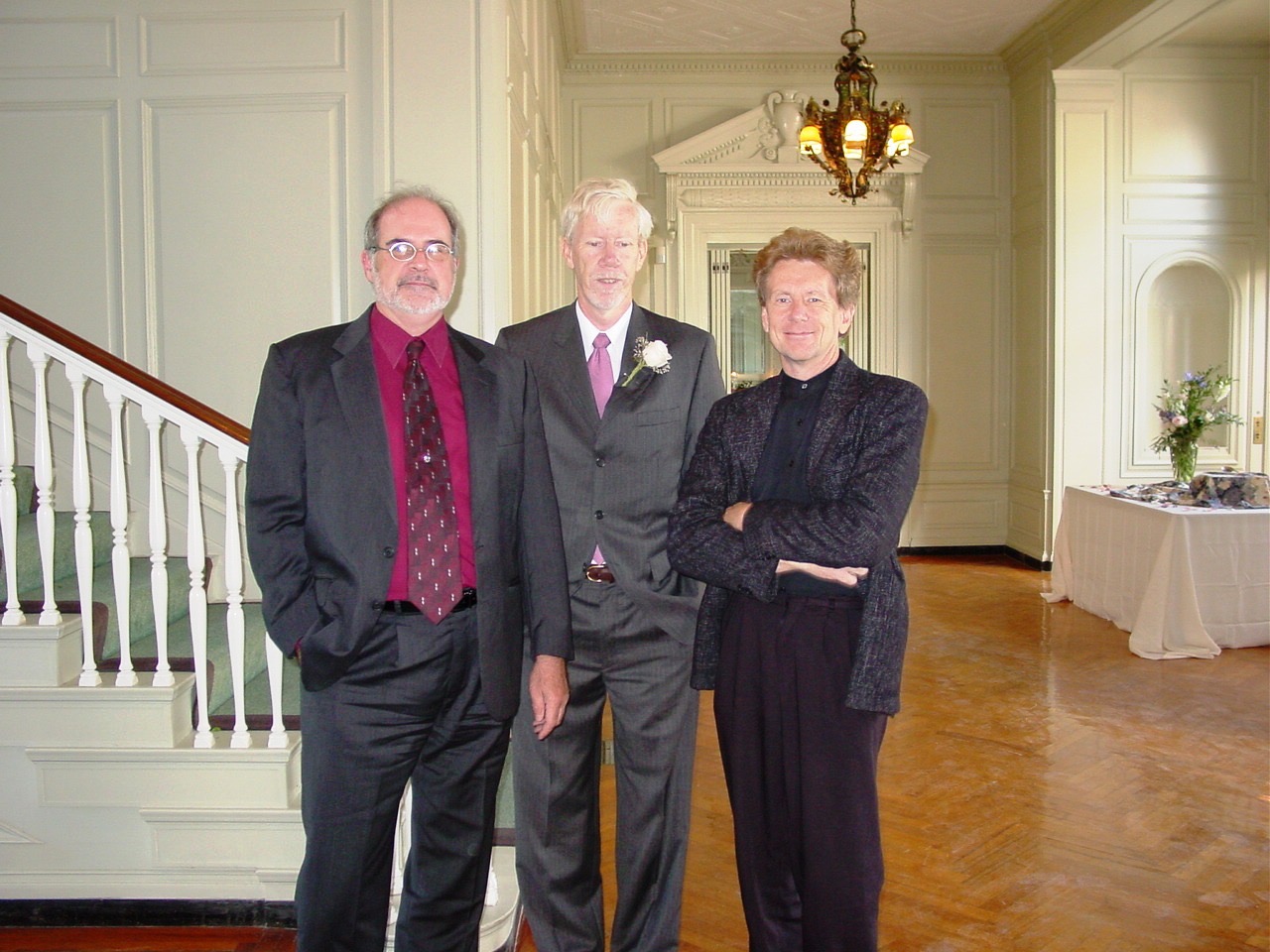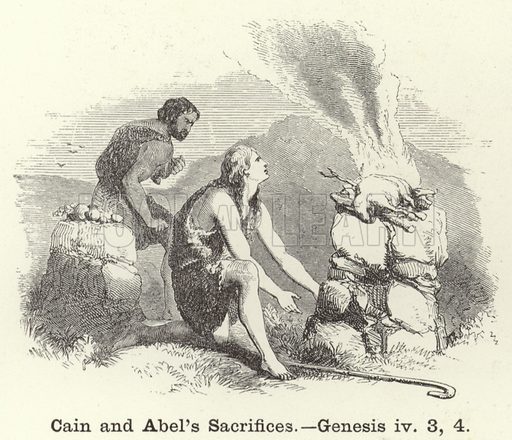Welcome to the Wakefield Doctrine (the theory of clarks, scotts and rogers)
Hey! Reader Advisory: this is very much a graduate-level Doctrine Post. Which, of course, is a total catnip description to any clarklike Readers.
So, here you go:
Let’s say you’ve gotten mad at someone, someone at a distance, say a customer service rep for a large, all-powerful, faceless mega-corporation. You’re promised a call back to explain the unexplainable.
With us?
How do you use the principles of the Wakefield Doctrine to make sure your attempt to exact a pound of virtual flesh from the voice-only representative of this 21st C Mammon?
Simple!
First: determine the predominant worldview of the person to whom you’re speaking.
Second: if they’re a
- clark (Outsider) make them understand how, in both the grand and the mundane scheme of things, meaningless they are
- scott (Predator) impress upon them how truly and irrefutably powerless they are
- roger (Herd Member) let them know, in no uncertain terms, how insignificant they are
There you go! Free and unsolicited advice from your apparently way immature curator of the Wakefield Doctrine tool chest and museum.








